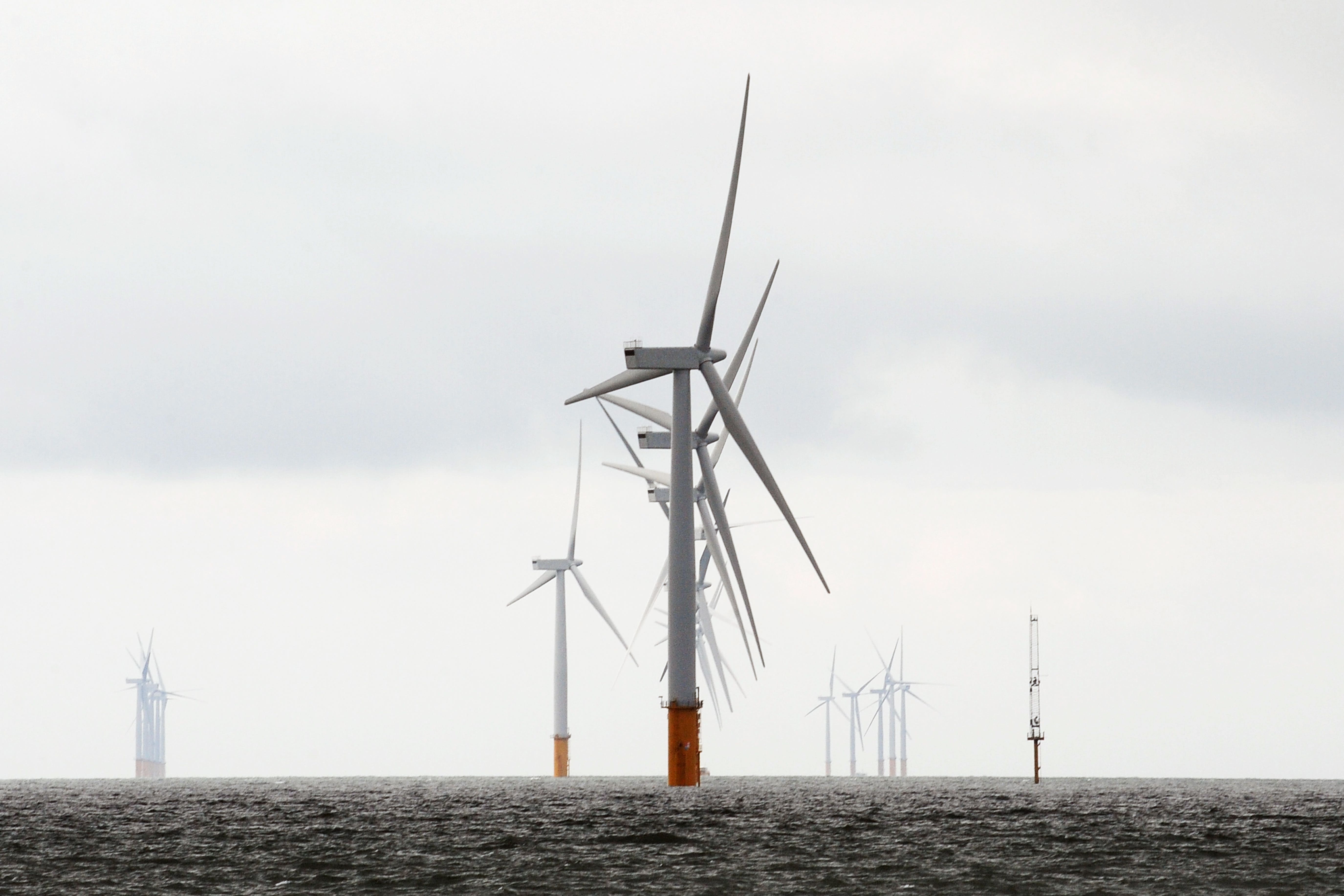What is the windfall tax and what do the latest changes mean?
The move comes as fears grow over rising fuel poverty in the UK, writes Samuel Webb

Chancellor Jeremy Hunt has announced the windfall tax on oil and gas giants will increase from 25 per cent to 35 per cent and extend the tax to 2028, having faced pressure to increase the Energy Profits Levy, as it is known. From the start of 2023, a tax will also apply to “low-carbon electricity generators” – including wind, solar and nuclear, levied at 45 per cent. Hunt says the measures will help raise an estimated £14 billion for the public purse next year.
What is a windfall tax?
A windfall tax is when the government imposes an extra levy on a company after it makes money from an event outside their control.
Energy firms are getting much more money for their oil and gas because of energy price rises exacerbated by the Russian invasion of Ukraine. with companies countering that they have lost a lot of money after halting investments in Russian firms.
Hunt said during his autumn statement he had “no objection” to windfall taxes if they were genuinely on windfall profits caused by unexpected increases in energy prices.
"But any such tax should be temporary, not deter investment and recognise the cyclical nature of many energy businesses,” he added.
Is it necessary?
BP made $8.2bn (£7.1bn) worldwide between July and September, which was more than double its profit for the same period in 2021, while Shell announced worldwide profits of £8.2bn over the same period.
Both companies have increased their dividend payments to shareholders and have been spending billions buying back their own shares from the market.
Meanwhile, an estimated seven million people are estimated to be in fuel poverty, which could rise to 10.7 million from spring 2023, according to campaign group the End Fuel Poverty Coalition.
Is it enough?
Tessa Khan from Warm this Winter, a campaign group calling for more energy bill support and lower bills, warns that a element of the levy which allows companies to offset tax owed against spending on new investments could drive further fossil fuel projects.
Khan, who is CEO of renewable energy firm Uplift, said: "The rise in the windfall tax on oil and gas companies is long overdue, though the UK is still taxing the industry below our neighbours.
“The loophole in the windfall tax – which the government has only made bigger today and which lets giants like Shell escape the tax if they invest in new North Sea fields – means the government is doing the exact opposite of what’s needed to get us out of this hole for good.”
Friends of the Earth’s head of policy, Mike Childs, said: “Bold action to simultaneously tackle the cost-of-living and climate crises should have been at the heart of the autumn statement, but the chancellor’s announcement falls woefully short.
“While an increase in the windfall tax is welcome, it is undermined by the chancellor’s failure to close the loophole that allows fossil fuel firms to avoid paying most of it if they invest in more gas and oil.
However, Rachel Winter, partner at investment advisors Killik & Co, claims investment in renewable energy could dip as a result.
She said: “Shares in electricity generators such as SSE have weakened following the mention of a new windfall tax.
“This will have been a difficult decision for the chancellor to make, given that any additional taxes now will limit the ability of these companies to invest in more renewable capacity.”
Will renewable energy providers be affected?
Wind farms in UK waters will pay a higher windfall tax than the oil and gas rigs operating nearby, as the government said it would levy an extra 45 per cent charge on their profits.
Hunt added: “The structure of our energy market also creates windfall profits for low-carbon electricity generation.”
Many older wind farms and gas-fired power plants have been benefiting from historically high energy prices.
Most new wind farms across the UK get a guaranteed price for each unit of electricity they produce, but are also forced to pay back anything more that they get above that guaranteed price. Treasury documents show the 45 per cent tax on low-carbon power generators would apply to “extraordinary”revenue made on power generation at an average price more than £75 pounds per megawatt hour (MWh).
Although analysts have suggested the electricity genarator tax was less onerous than had been expected.
Join our commenting forum
Join thought-provoking conversations, follow other Independent readers and see their replies
Comments
Bookmark popover
Removed from bookmarks